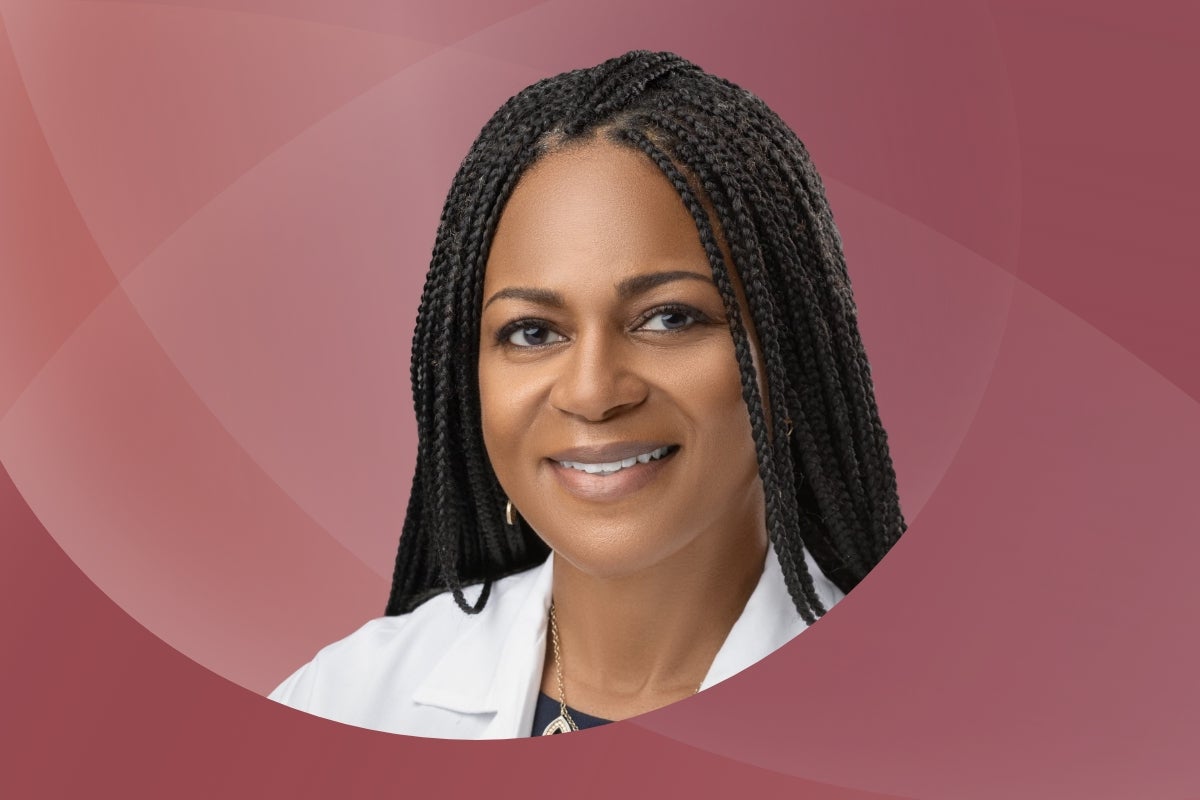Course prepares women leaders seeking board seats at health-related companies

May 31, 2024 — Rochelle Walensky’s résumé doesn’t lack impressive credentials. She has served as director of the Centers for Disease Control and Prevention, professor of medicine at Harvard Medical School, and chief of the Division of Infectious Diseases at Massachusetts General Hospital. But there is one title Walensky, MPH ’01, is hoping to add soon: board member at a private sector company.
That’s why Walensky, who is currently a Menschel Fellow at Harvard T.H. Chan School of Public Health, recently joined 53 other women at a two-day course offered by Harvard Chan School Executive and Professional Continuing Education to teach senior female executives in health care and other related industries how to successfully seek board seats in those fields. Called Women on Boards: Getting On and Adding Value, the annual program has been completed by more than 350 women since it was launched in 2016.
“It was terrific,” said Walensky, who is looking for a company with a socially and culturally-oriented mission. “Starting with the content, which was exceptional in and of itself, and then there was this incredible network of women who were participating, connecting to each other, and who you wanted to know and be friends and colleagues with.”
The course, held April 18-19, brought together participants from the U.S., Spain, and Kenya, to learn about the differences between the boards of for-profit companies and nonprofit organizations, the legal and regulatory responsibilities of board members, and how the recruitment process works. They also discussed how to present themselves, leverage their experience and expertise, and prepare for board interviews. Crucially, they received advice from women who successfully completed the program in previous years and were later appointed to boards.
“Our program is meant as an overview to help people have an appreciation of what the upsides and downsides of joining a board are, so they can make a decision for themselves about whether they have the time, bandwidth, and desire to join a board,” said Ellen Zane, one of the program co-directors who also serves as CEO emeritus of Tufts Medical Center and director at four public companies.
Danielle Myers, one of the program participants, said having more women on boards is crucial to advance public health. Myers, who oversees operations and program management at a medical device manufacturer, said women bring important perspectives that would otherwise be missing.
“Women often have different health care experiences than men,” she said. “We know we need to advocate for ourselves. We know we may need to see a few specialists before finding someone who listens to our concerns appropriately. Most men don’t have these issues because of the place they enjoy in the world, so having more women who feel comfortable relaying their experiences is crucial if we want to change things.”
Walensky agrees. Having sat in several high-level meetings in which she was the only woman, she says “you can feel the gender dynamic change” when that happens. “Even women who might be prone to speak up may not do so in those situations, which can be intimidating,” she said.
This can be particularly harmful in public health, where lack of representation can reduce the effectiveness of treatments and quality of care available to certain populations. And although the industry is making progress—even outpacing other sectors—there is still more that can be done to reach gender parity. Today, women represent only 34% of all health care board members in the S&P 500 index, for example, according to the 2023 Spencer Stuart Healthcare Sector Snapshot.
Women interested in joining a board should know that the process requires focus, patience, and a lot of preparation, with program instructors describing it as a “marathon,” a “full-time job in itself,” and “not something for the faint-hearted.”
It is also rewarding, said Laurie Pascal, program co-director and senior lecturer in health policy and management at Harvard Chan School. “Serving on boards opens up horizons, enabling women to engage with a multitude of new people and different issues in ways that are enriching, enlightening, and exciting,” she said.
As for Walensky, she left the course with a better appreciation of what she needs to do next. “This is going to take time, and it is not a reflection on me or whether I am worthy,” she said. “It is a bi-directional interview process in which you have to believe in the company’s mission and they have to believe in you. So, I’m not going to set a deadline, but rather a vision for what I want—and wait for the right fit.”
Photo: Ben Gebo
Harvard Chan School Executive and Continuing Education offers many other programs for health leaders and public health professionals, including the Leadership Development for Physicians in Academic Health Centers course and the Executive Leadership in Health Care Certificate of Specialization.


